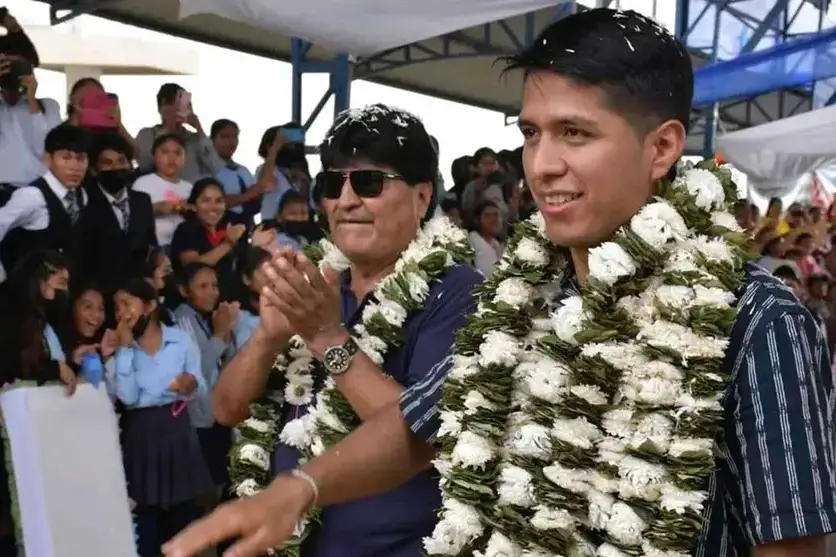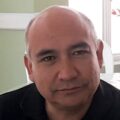For a long time, populism was an elusive, ambiguous concept, difficult to define. It was said to be a characteristic of developing countries, a kind of temporary illness that would be cured by progress and modernity; that it was typical of left-wing parties and that the right was immune to its charms; that it was the craft of cunning strongmen leading docile masses. None of that is true—or at least not the whole truth: populism often arises in the most prosperous countries, such as Donald Trump’s United States, and in right-wing parties like La Libertad Avanza, led by current Argentine president Javier Milei. Nor is it inherently tied to messianic or decisive leadership, although it is true that this space tends to attract, more frequently than usual, clowns and the irresponsible.
Today, there is a certain consensus in the academic world—such as that of Dutch political scientist Cas Mudde—that defines populism as a discourse that pits the virtuous people against the corrupt elite. According to this view, the people possess a high moral standing, and their suffering and exploitation stem from a kleptocratic and indifferent elite that uses the state for its own interests. This elite would then close off the public sphere and block political alternatives. Hence, terms like “partidocracy,” “pacted democracy,” or “neoliberal political system” serve populists as tools to delegitimize the ruling elite. At the same time, they frequently invoke “the downtrodden,” “the masses,” “the plebeian,” or “the national-popular” to highlight the virtues of a people imagined as rebellious, long-suffering, and revolutionary.
The populist Evo Morales, riding the resurgence of Indigenous demands, managed to position himself as the representative of the people. He argued that the people were essentially, though not exclusively, found in Indigenous communities, and that the elite was comprised of political parties, foreign companies, and their domestic allies.
However, every discourse must meet a minimal standard of plausibility. That didn’t happen here: Morales proclaimed he was defending Indigenous peoples, but on September 25, 2011, he ordered a crackdown on lowland Indigenous groups marching in defense of the Isiboro Sécure National Park and Indigenous Territory (TIPNIS). He claimed to protect Mother Earth, yet authorized mining by cooperatives that reaped enormous profits at the cost of irreversible environmental damage. He vowed to “govern by obeying the people,” but ignored the outcome of the February 2016 referendum, which rejected a fourth presidential bid. Thus, when in 2019 the crowds ousted Morales from power, they did so because he had turned the defense of the people and the nation—key pillars of populism—into mere rhetoric to justify staying in office.
Both Morales’ departure and his subsequent political undoing (accusations of abuse of minors, loss of the MAS party name) created a vacuum in Bolivia’s populist space that remains unfilled. President Luis Arce has not managed to occupy it—he simply cannot craft a populist discourse. He tries, but he doesn’t succeed. Arce is a politician who speaks little, who sends few messages, who fails to connect with the masses. His extremely low approval ratings are due, in large part, to this silence.
In this context, the challenge facing the current president of the Senate, Andrónico Rodríguez—proclaimed presidential candidate by a faction of MAS—is to reinvent the populist discourse and adapt it to the present times. This politician, a former member of the “evista” wing of MAS, must reconstruct the idea of the virtuous people and identify a greedy, exploitative, and insensitive elite. The first task (defining the people) seems relatively easy; the second, not so much: the elite Morales associated with traditional party politicians and wealthy (white, urban) individuals unwilling to share their profits no longer exists. Bolivia’s economic, social, and cultural elite has drastically changed. A new elite with Indigenous roots (mainly Aymara and Quechua) has emerged, having accumulated power and wealth over the 19 years of MAS rule. Andrónico Rodríguez is precisely the political expression of this new elite, which now seeks to remain in power in the upcoming August elections.
Sucre, May 2025
*Machine translation proofread by Janaína da Silva.













